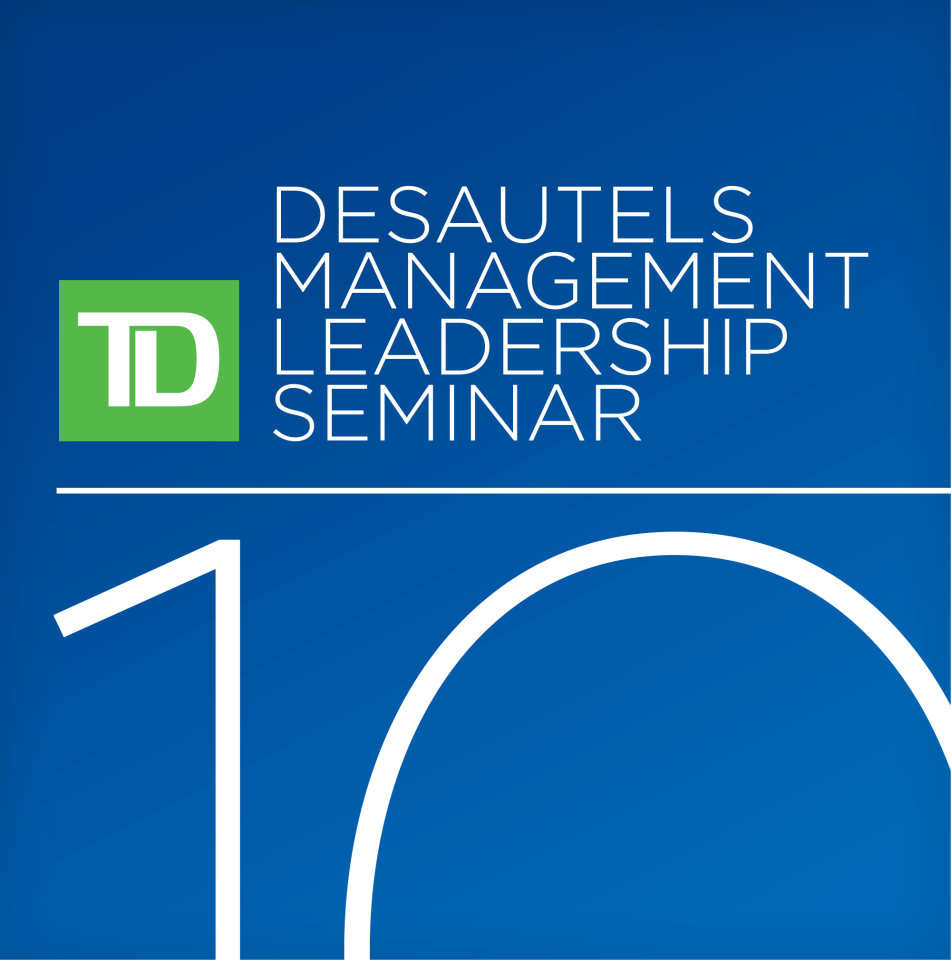There’s a nervousness inherent in taking a crack at case work for the first time. Walk into a job interview today and, more often than not, you will be asked to solve a case. Case studies are multidisciplinary business-themed problems that require students to integrate knowledge from areas ranging from marketing to finance to human resources in conducting an analysis of, and providing solutions to, business problems. A tool that was once reserved for consulting and project management positions is now being employed across several industries.
Other business schools in Canada have spent the last several years developing comprehensive and extensive case learning programs for students to rival the success of Western University’s Ivey School of Business, an institution at the forefront of business case work. The purpose of this three-segment feature is to introduce the increasingly prominent role of case work at the Desautels Faculty of Management, and to show how McGill students can involve themselves and sharpen their skills in this rapidly growing teaching and assessment methodology.
The MUS founded the MUS Case League in the winter semester of 2012 as a way of creating opportunities for younger undergraduate students to gain case-solving exposure and increase their business acumen. Even though its inception was a scant two years ago, Case League has rapidly grown from a pool of roughly 30 participants in 2012 to 80 this academic year. With a record number of applicants, the Case League executive team ultimately decided to split the participants between the fall and winter semesters, extending the duration of the program. This means a batch of 40 individuals will be members for the fall semester, subsequently followed by another 40 in the winter. “The rationale behind the split is to create an opportunity to provide more management students an earlier introduction to the world of cases,” explains VP Internal Tony Liu. “This is also an incredible experience for them to apply the knowledge they have acquired to the practice of management.”
Usually, students are randomly assembled into teams of three or four and given a time frame of three hours to come up with an innovative solution to a real business problem and be able to fluidly articulate their suggestion. Following their allotted preparation time, teams must give a 10-15 minute presentation to judges comprised of former case class students, working professionals, and faculty alike. During the solving period, students apply a variety of approaches ranging from strategy, to finance, to information systems, and so on. In addition to bolstering their technical skills, members hone their public speaking ability and learn to articulate points in a short, concise manner.
“Since its inception, Case Leaguers have gone and placed ranks at internal and external case competitions in addition to holding executive positions at various clubs,” Liu added. “It is also a powerful tool for networking within the student body.”
Another major event for first year students is Desautels Management Leadership Seminar (DMLS), which is open to all first year students in Desautels. Taking place over the course of a single weekend, students have the opportunity to network with high-profile industry leaders, and solve a case on their own. While it is only once a year, DMLS is frequently the first taste of case work for many students.
Whether Case League or DMLS, early exposure to case work will undoubtedly prove beneficial to students, regardless of their major or intended profession. It provides practical and relevant applications of the concepts that are introduced in management classes. It trains you to think analytically and present clearly in future case tournaments or job interviews. Lastly, it allows you to meet some of the most interesting and dynamic individuals in the faculty.
The next article in the series will elaborate on the national levels of involvement in case competitions with Desautels Case Competition and the four major competitions under the banner of Desautels Management Competitions Committee (DMCC): Jeux du Commerce (JDC), Jeux du Commerce Central (JDCC), Financial Open (FO), and Happen Marketing (HM). The final segment will illustrate the extent of the possibilities that case experience can offer students, such as McGill Management International Case Competition (MMICC), Case Class (BUSA 499), and the international competitions that McGill students attend throughout the world.








